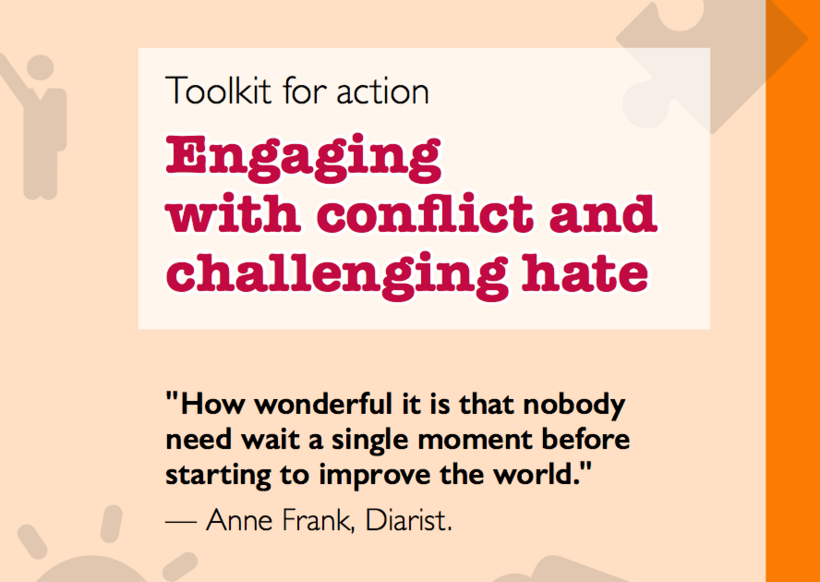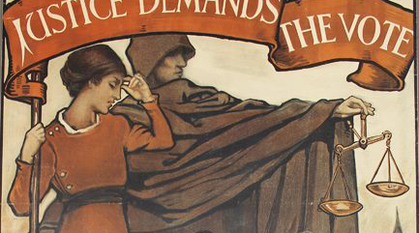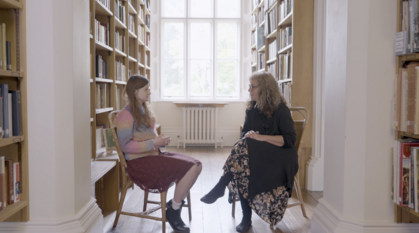Engaging with conflict: a toolkit for difficult times
Conflict – whether in ourselves, in our homes, or in our communities – can be daunting. Lisa Cumming introduces a new handbook full of tips on dealing with conflict creatively and with care.

Before the world was turned upside down, myself and colleagues wrote a booklet named Toolkit for action: Engaging with conflict, challenging hate. It was compiled as a response to concerns about division and rising hate crime in the UK, and is filled with ideas for how to navigate these tensions.
An uncertain moment
Then lockdown began. The booklet was ready, so I began to draft this blog to introduce this new publication. But I felt unsure. Unsure about whether the time was now right to share this resource. Unsure whether people would want to read something that includes concern about where divisions might lead us, when there is so much else to worry about. Unsure, too, about how fast everything is moving.
But then I read something from the Zapatistas – the indigenous peasant movement in the Mexican state Chiapas that felt important. On 16 March, the Chiapas Support Committee issued a response to the current pandemic in consideration of the Zapatista commitment to 'fight for life'.
They emphasised the need to undertake urgent action and solidarity to save lives, whilst not abandoning the struggle against injustices and for 'humanity and Mother Earth'. The Zapatistas call for the peoples of the world not to lose human contact – but to change how we connect.
"The word and the ear, along with the heart, have many paths, many ways, many calendars, and many geographies find each other. And this fight for life can be one of them."
So we share the Engaging with conflict, challenging hate toolkit (PDF) whilst recognising that right now our priorities are to take the necessary action to protect life, by either staying at home, or working in key jobs. We need to look after ourselves, and support our loved ones and neighbours. We are all having to find ways to adapt to huge changes to how we live, work and play together.
A toolkit for today
Though our contexts are changing, conflict does not disappear from our lives. You may be experiencing conflicts in yourself, in your relationships, or in your local WhatsApp groups. In the spirit of upholding you, we share this toolkit with you.
The state-level hostility that led to the Windrush scandal and detaining people seeking refuge in places like Yarls Wood hasn't gone away. Neither have people who will seek to exploit any new and emerging divisions. Hate can still be weaponised, even as love mobilises. The toolkit contains advice on responding to these kinds of conflicts at a community level; they are there for when these divisions make themselves known.
The Engaging with conflict, challenging hate toolkit (PDF) makes space to consider both the forces of hate and the forces of love. While there is little certainty to be had right now, we can respond to our circumstances. As Rebecca Solnit reflects in How to Survive a Disaster, the constellations of solidarity, altruism and improvisation are within most of us and reappear at these times.'
As I respond as best I can to our current moment, I hold the Zapatista wisdom in my mind: that we mustn't abandon the struggle altogether.


